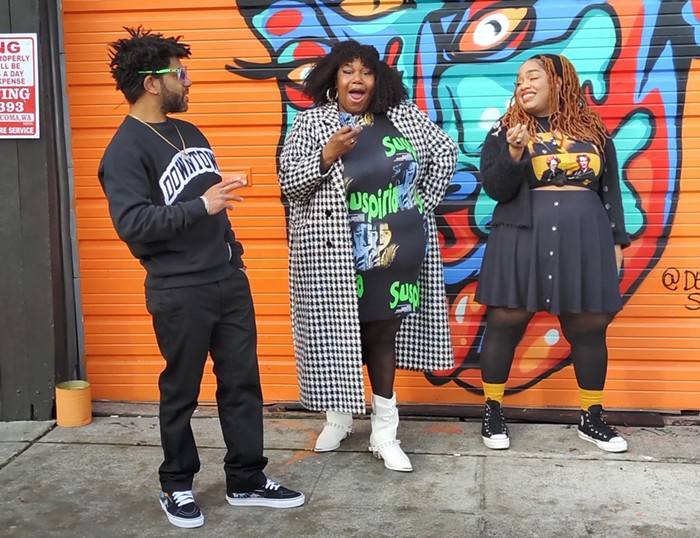I was recently talking with a practicing Muslim friend who eschews all cannabis and alcohol. He asked me about CBD, and the potential value it might have in addressing a condition that he deals with. He told me he could treat it with pharmaceuticals, but that he wanted to avoid their side effects, and find something more in keeping with a health-oriented lifestyle. That opened an interesting conversation about the challenges presented to anyone who has religious beliefs that conflict with cannabis, as well as the fluid and shifting definitions of what constitutes “medical” use.
I should say now that I do not have a faith, nor am I a scholar of the beautiful and diverse tapestry of faiths and religions. As such, this is probably not the column to share with your devout and conservative family members as a way to justify your cannabis use. Yikes. Consult with your priest, rabbi, imam, or gargoyle king for actual learned guidance.
In Islam, that which is permissible is halal, and that which is forbidden is haram. Alcohol is universally viewed as haram, and is specifically called out by name in the Quran as forbidden. Cannabis isn’t, which means there are varying viewpoints on its use recreationally. For example, Sufism, an Islamic mystical practice, has many followers who use cannabis during their worship. And other Muslims don’t feel that it qualifies as khamr—or, an intoxicant, as the effects of cannabis consumption are not on par with alcohol. But for most Muslims, the use of cannabis for pleasure remains haram.
So what about medical cannabis? The goal for medical anything is to create and support wellness. That’s done by not merely eradicating illness, but in achieving an optimal balance of all physical and psychological conditions, ailments, and stresses, collectively impacting an individual’s health and happiness.
Jewish news site Forward ran a piece in November 2017 called “Marijuana Is Kosher—But Is It Halal?” It included an interview with Ismail Ali, an observant Muslim who also served as vice chair of the Students for Sensible Drug Policy board of directors. Ali said, “Muslims believe that there is no disease or illness that comes from God that can afflict humans that doesn’t have some sort of cure, some sort of medicine or treatment.... My interpretation of whether or not a substance itself is haram, or prohibited, depends on intention. The intention of behavior in Islam is one of the most crucial determining factors for whether something is wrong.”
The strict medical use of cannabis is probably most commonly associated with cancer or the CBD/THC tinctures now being used to treat pediatric epilepsy. Few who have witnessed its benefits in these applications would consider the user as trying to get intoxicated. But what about illnesses that don’t have as high a profile or severity? Acute chronic pain led to the over-prescription of opioids, resulting in an epidemic that kills an average of 130 per day. Is the choice to use cannabis to treat pain a bigger sin than using doctor-prescribed opioids?
What about a woman who smokes to alleviate PMS, and becomes slightly high, happy, and relaxed from being free of pain? Should someone using cannabis for a legitimate medical purpose stop because a potential side effect might lead to some degree of joy? In the proper doses, cannabis can bring relief from myriad symptoms while also making the user feel not so much intoxicated as elevated. I’d argue that the mental weight that comes with physical pain and discomfort becomes so ever-present that to be relieved of it, if only for a short while, restores faith and recharges the soul.
It’s further complicated when addressing psychological matters. Many people use cannabis for PTSD, ADD, ADHD, and depression, but these are all internal ailments that don’t easily show. How does this treatment differ from someone undergoing chemo? I’d argue that if the goal were to ease suffering and restore a quality of life, then not at all.
When you bring religion into any conversation, you usually end up with more questions than answers, and cannabis is no exception. But as our legal, societal, and economic attitudes toward weed continue to change, it seems likely that our religious attitudes will evolve, too. ![]()
















